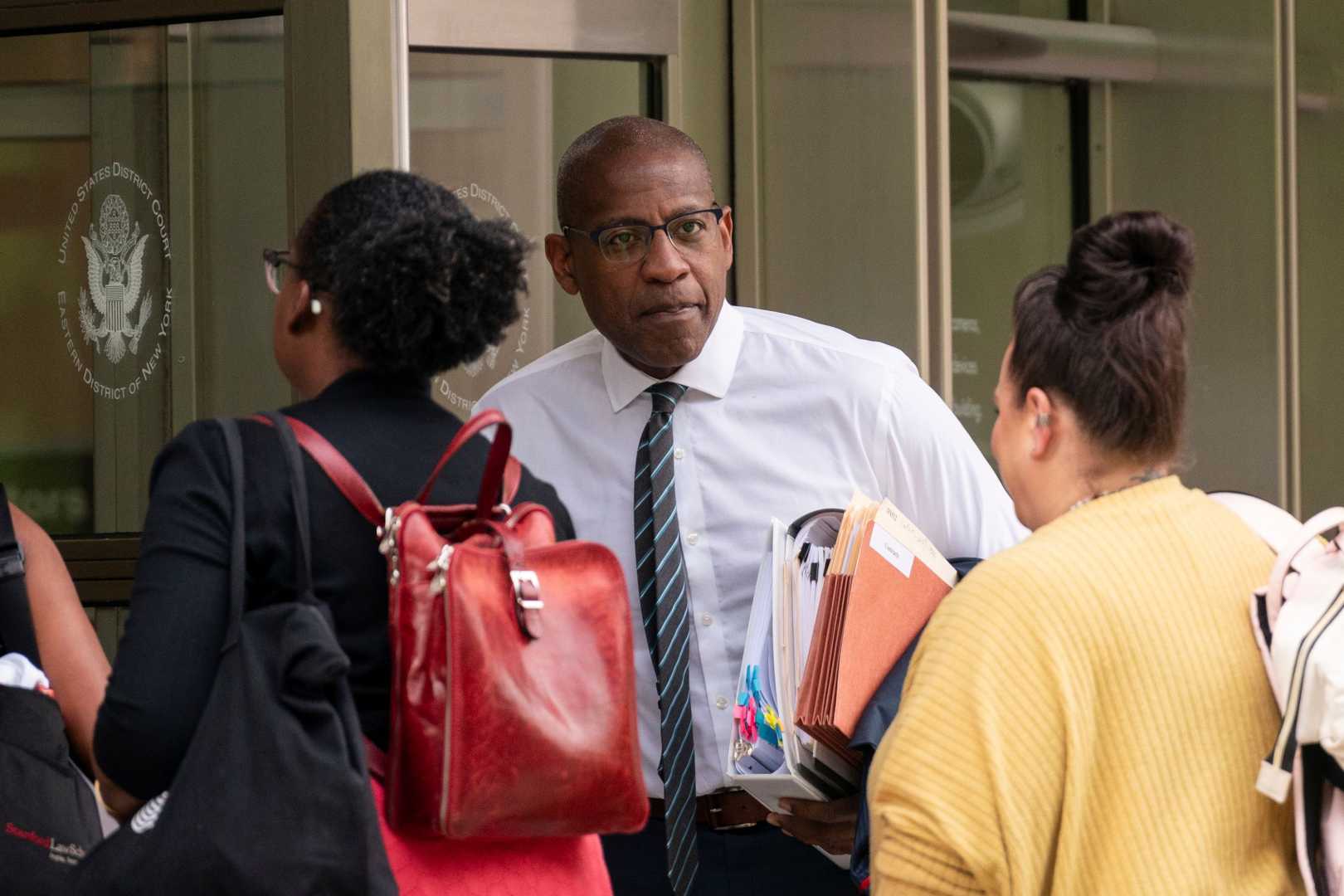Business
Carlos Watson Sentenced: Ozy Media Founder Faces Consequences of Fraud

Brooklyn, New York – Carlos Watson, the co-founder of Ozy Media, was sentenced to prison on March 28, 2025, after being convicted of multiple counts of fraud. His conviction on charges including conspiracy to commit wire fraud and aggravated identity theft highlights a deceptive business scheme that defrauded investors out of millions of dollars.
Watson’s sentencing followed extensive courtroom proceedings, during which U.S. District Judge Eric Komitee addressed the gravity of Watson’s actions. The court revealed how Watson, despite assurances from his legal team about his increasingly precarious situation, displayed a distinct lack of accountability throughout the trial. Komitee emphasized the significance of holding Watson accountable, stating that his “brazenness” set this case apart from others of its kind.
Federal prosecutors painted a grim picture of Watson’s tactics during the trial, illustrating his use of retaliatory measures against those cooperating with law enforcement. In a pointed remark, they shared how Watson cut off Ozy’s financial support for co-founder Samir Rao when he began cooperating with investigators about the company’s financial misdeeds.
Reflecting on Watson’s management techniques, prosecutors cited testimonies from former employees, characterizing his leadership style as overly aggressive and predatory. One former employee, who remained anonymous due to fears of retaliation, highlighted the intense work culture where any dissent was met with pressure, creating an atmosphere of fear and compliance.
“There was no space for voices of dissent,” the source noted. “It was about winning, no matter the cost.” The former employee also mentioned that many staff members were young, passionate individuals drawn to the media sector, who often felt they had no alternative career choices.
During the sentencing hearing, Watson offered an apology, stating, “I unequivocally made mistakes,” though many viewed this expression of remorse as insufficient. Despite this admission, he maintains his innocence and plans to appeal the court’s decision.
Watson’s legal troubles began to mount significantly following investigations that revealed widespread fraudulent practices at Ozy Media, a media startup initially celebrated for its innovative approach to storytelling. Reports indicate that Watson misled investors concerning the company’s financial health and operational viability, crafting a façade that ultimately collapsed.
Ozy Media’s story serves as a harrowing example of how ambition can sometimes warp business ethics, leading to catastrophic outcomes for employees and investors alike. Many former employees reported experiencing emotional distress during their tenure at the company, stemming from the manipulative practices employed by Watson and his leadership team.
As Watson begins his prison term, reflections on the broader impacts of his actions resonate among former staff who endured the fallout from his decisions. They carry with them not just fractured careers, but also a deep sense of disillusionment about the integrity of their chosen profession.
In closing remarks, Komitee noted, “The victims are not only those who lost money; they include the dedicated employees who suffered under an oppressive regime.” The repercussions of Watson’s misconduct extend beyond financial losses, offering a cautionary tale regarding the moral responsibilities of leadership in any organization.












